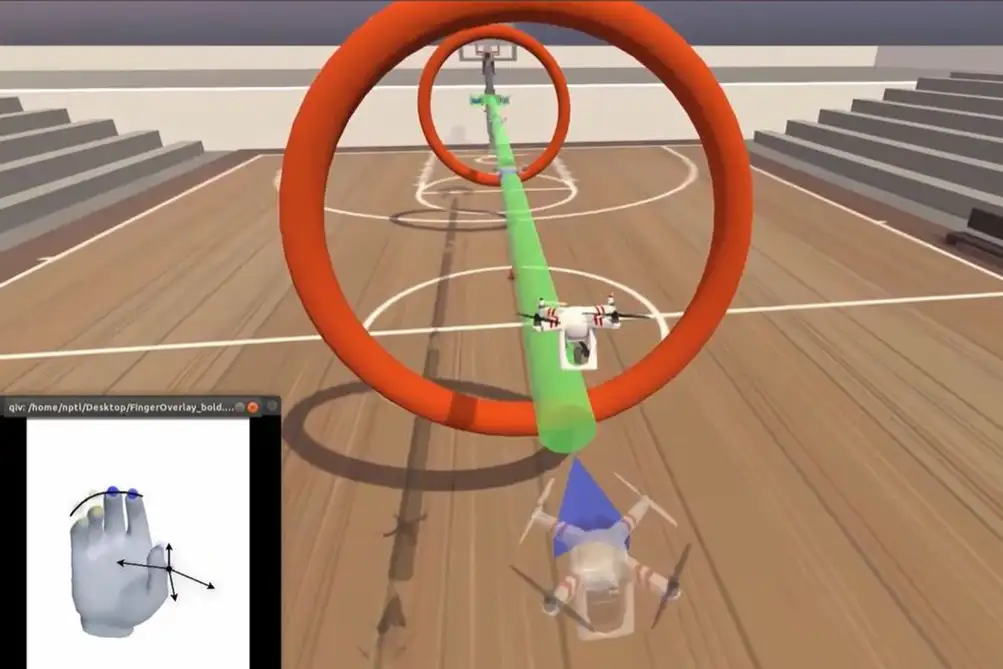In an incredible breakthrough for neuroscience and assistive technology, a man with paralysis has successfully flown a virtual drone using only his thoughts, thanks to a revolutionary brain implant. This cutting-edge technology marks a significant step forward in the field of brain-computer interfaces (BCIs), offering hope for individuals with mobility impairments and changing the way we think about the potential of human-machine interaction.
The man, who had lost the ability to move his limbs due to paralysis, was able to control the drone simply by thinking about the desired movements. The brain implant, which was placed in his motor cortex, detects electrical signals from his brain and translates them into commands that control the drone’s flight. The device works by interpreting the brain’s electrical activity and using advanced algorithms to map the signals to the drone’s controls, allowing the user to direct the drone with precision and ease.
This achievement is groundbreaking not only because of its implications for individuals with paralysis but also for the broader potential of BCIs in improving the quality of life for people with disabilities. The ability to control machines with thoughts opens up new possibilities for communication, mobility, and interaction for those with limited physical abilities. For example, similar technology could be used to help individuals with paralysis operate prosthetic limbs, type on a computer, or even control their home environments, offering them greater independence and autonomy.
While the technology is still in its early stages, it represents a remarkable advancement in the field of brain-machine interfaces. Researchers believe that further developments could lead to even more sophisticated systems that allow individuals with paralysis to regain some of their lost abilities, potentially even restoring full or partial mobility. The success of this trial is a promising indication of the future of assistive technology, with the potential to drastically improve the lives of those with severe physical impairments.
The ability to fly a virtual drone with just the power of thought demonstrates the vast potential of brain-computer interfaces to transform not only the way we interact with technology but also the way we view the human body’s connection to machines. As the technology advances, it could lead to even more impressive feats, paving the way for a future where individuals with paralysis and other disabilities can reclaim control over their lives in ways previously thought impossible.
Get the latest updates on Energy, Construction, Engineering, and Cryptocurrency. Join us on WhatsApp or Telegram for real-time news. Have a report or article? Send it to report@epci.ng. Follow us on X (Twitter), Instagram, LinkedIn, and Facebook for more industry insights.

Leave feedback about this